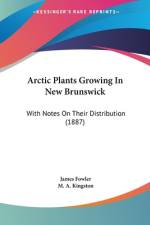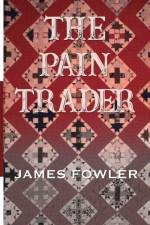von James Fowler
20,00 €
In The Pain Trader, James Fowler creates timeless narratives around the people, history, and landmarks of rural America. Divided into “Hereabouts” (the Ozark region) and “Thereabouts” (a broader area), his 48 poems find meaning and beauty in the seemingly ordinary—from cheap roadside attractions ("IQ Zoo") to an impromptu chivaree. (“Ozark Yarn”), to local resentment of “Mr. [Woodrow] Wilson’s war” (“Over Here”), to a set of “Mountain Airs” documenting a long and mostly uneventful marriage.The Pain Trader opens with pioneers settling in the Ozarks, aware of the Indian cultures and the (Louisiana) Purchase. Fowler’s quiet, often wry, voice guides readers through Ozark perspectives on the Civil War, the Sultana disaster (“Aftermath”), saltpeter mining (“Below, Above”), and sundowner laws (“Sundown”). Eureka Springs gets an especially memorable treatment in “Eureka,” as a place in which layers of past are still accessible under the current wash of artist colonies and Bible belters.From the titular poem, “The Pain Trader,” readers feel the ordinary become something to be revered. They watch a peddlar/artist listening to his customers as he carves: “All this while a shape emerges,/carved, etched: creaturely perhaps;/blossoming; stark, like crystals./A thing of power rough hewn.” These lines could describe Fowler’s poetry, “a thing of power” which can make readers feel welcome in the rolling, cavernous hills of the Ozarks: “Setting shrewdness/ aside,” readers may find themselves “surprised what value/ something neither finery nor tool/ can have.”In the words of Phil Howerton, editor of the 2019 Anthology of Ozark Literature:Fowler unfolds a many-sided verbal diorama of the history and culture of Arkansas and the South. Observer and participant, he combines wit, irony, acumen, empathy, and a sense of place to salvage the sacred and noble from even the most chaotic remnants of human recklessness. Fowler, like his protagonist in the title poem, absorbs regret, sorrow, guilt, and pain and translates it all into vigorous and vibrant art that humanizes the past and offers redemption.




